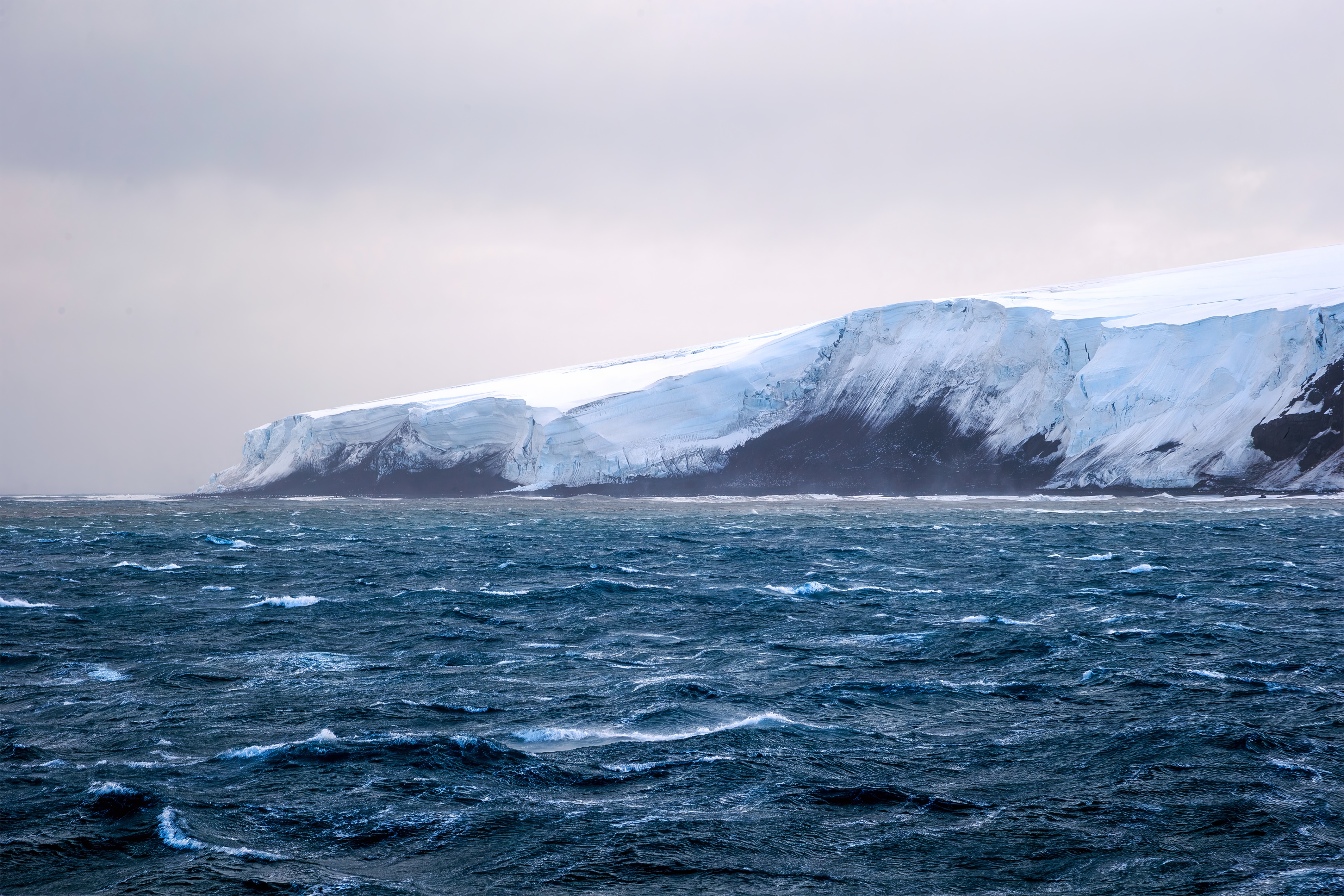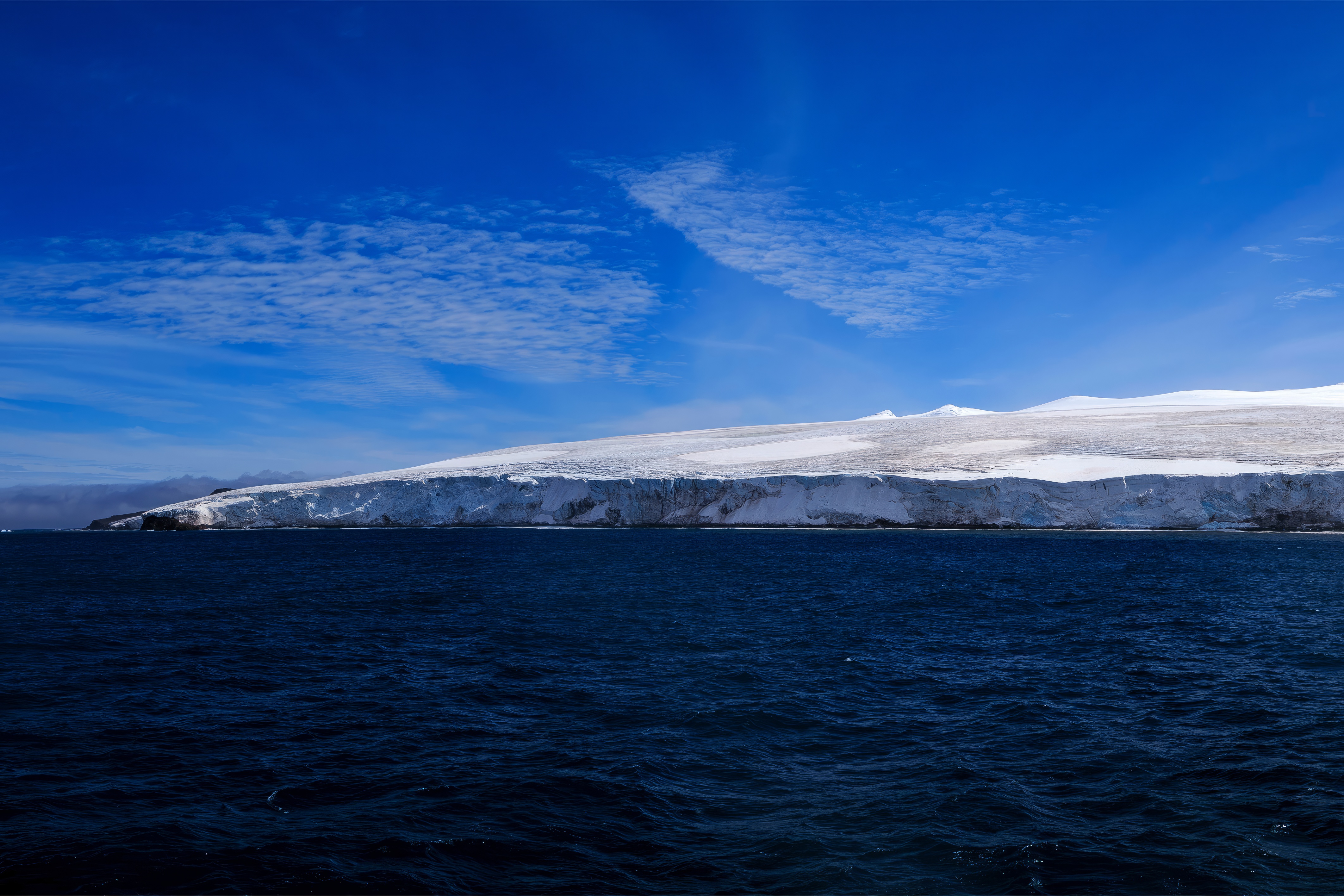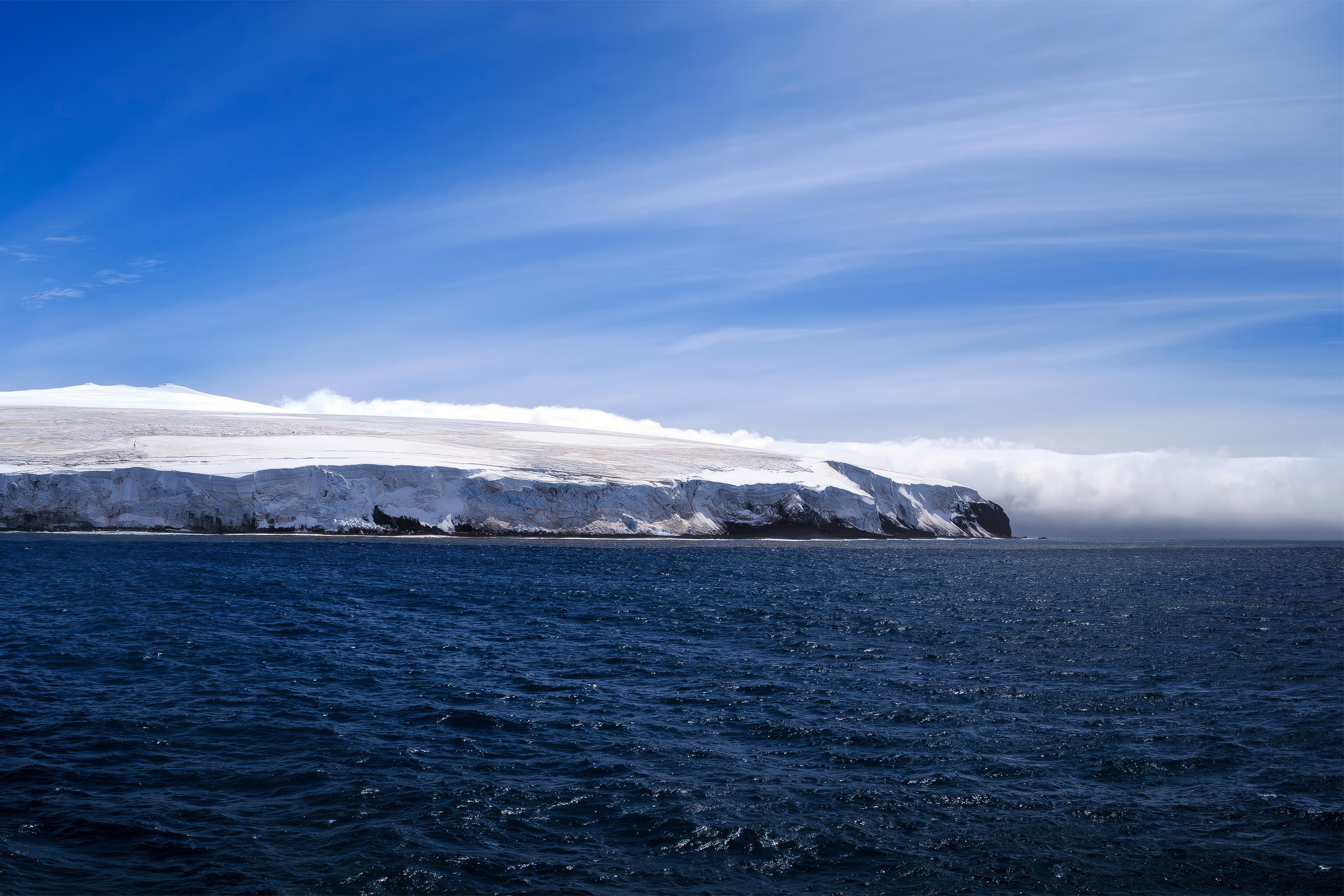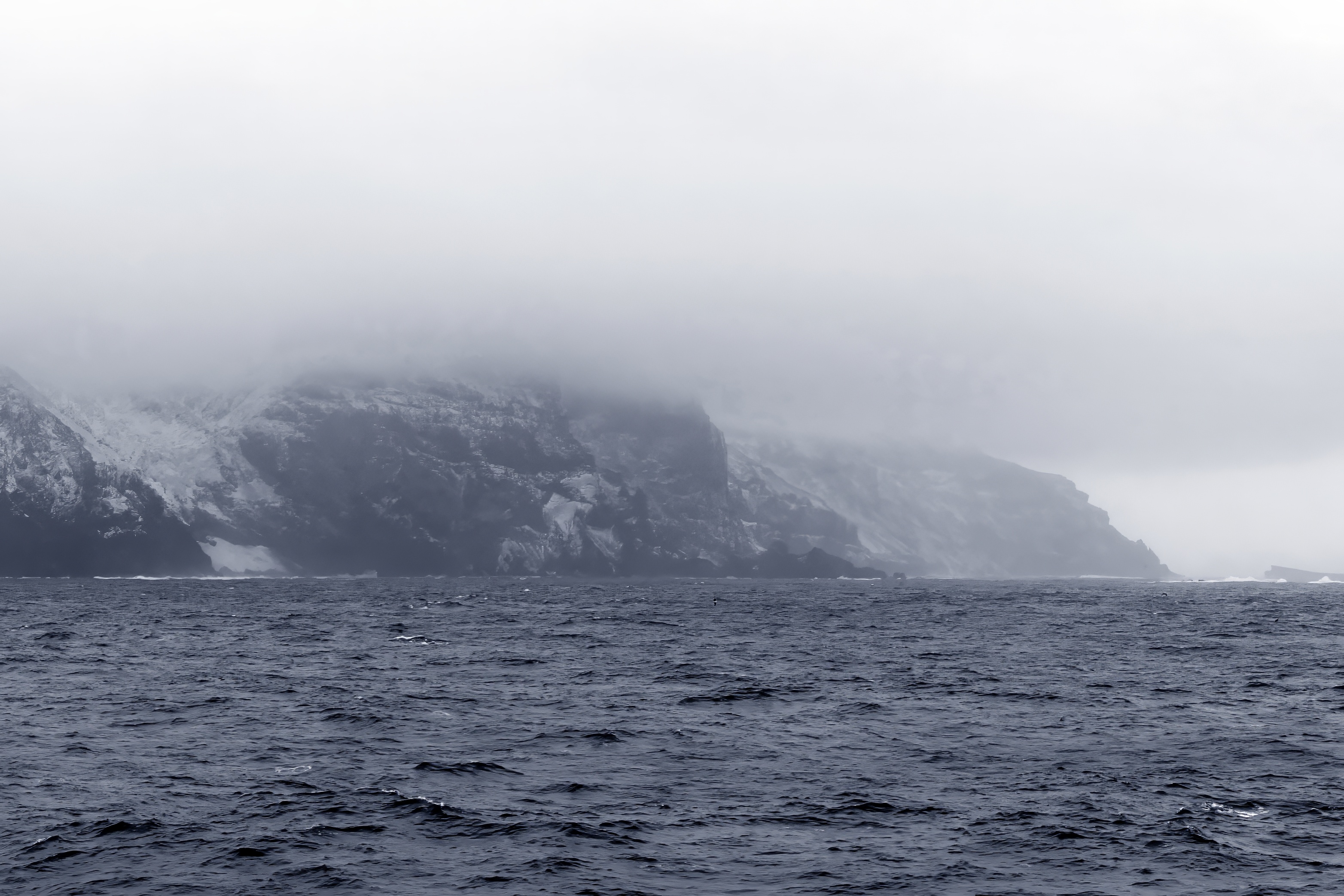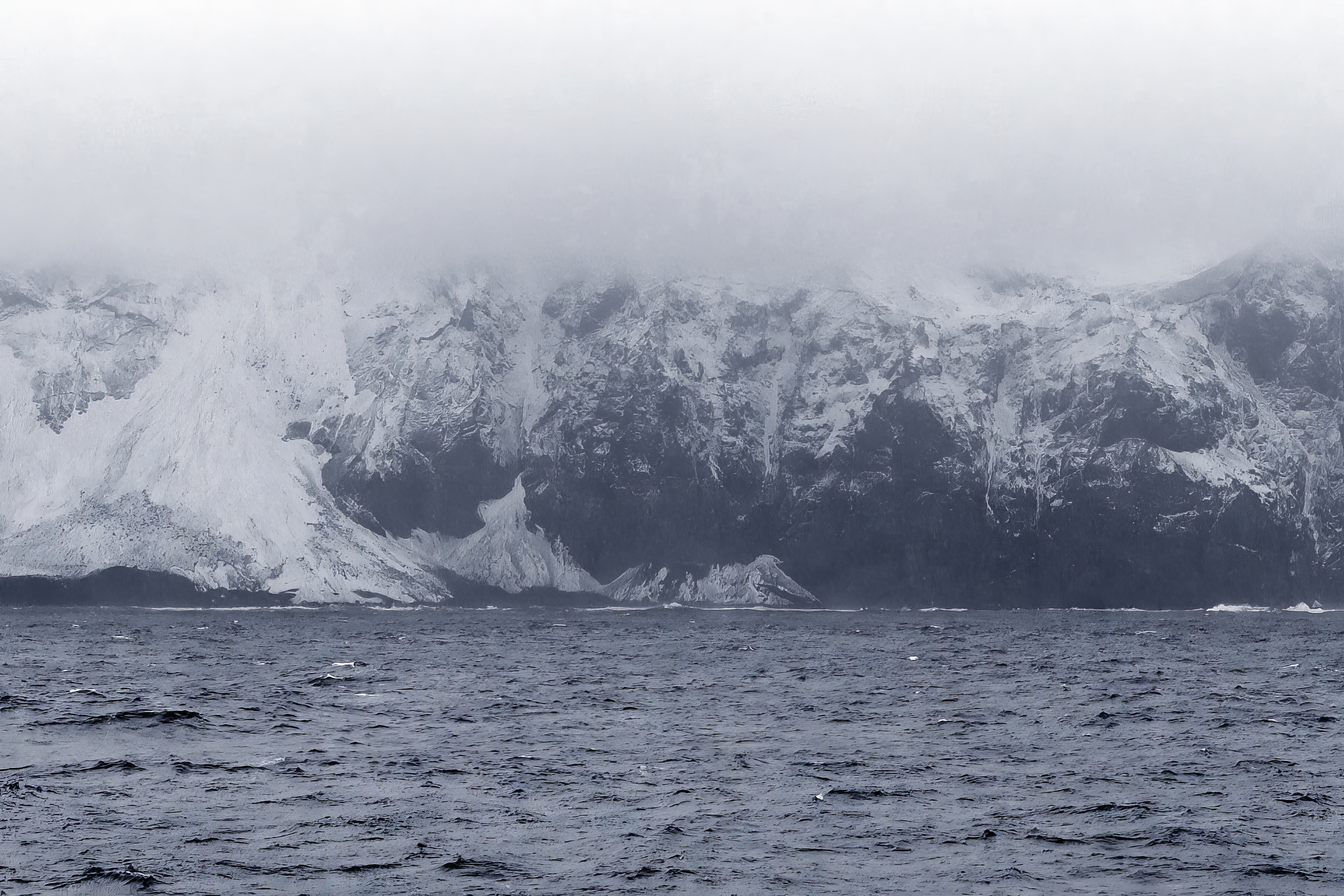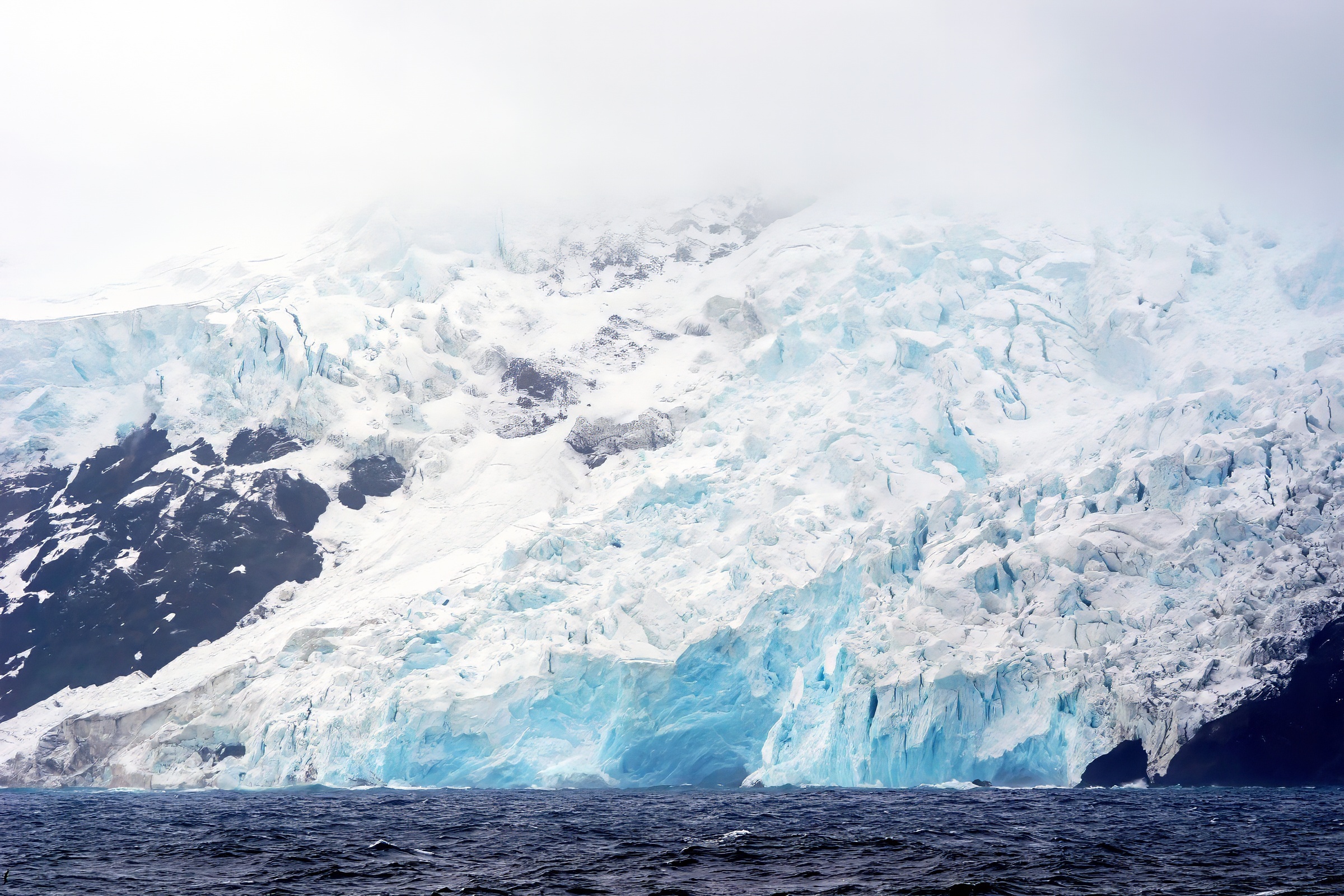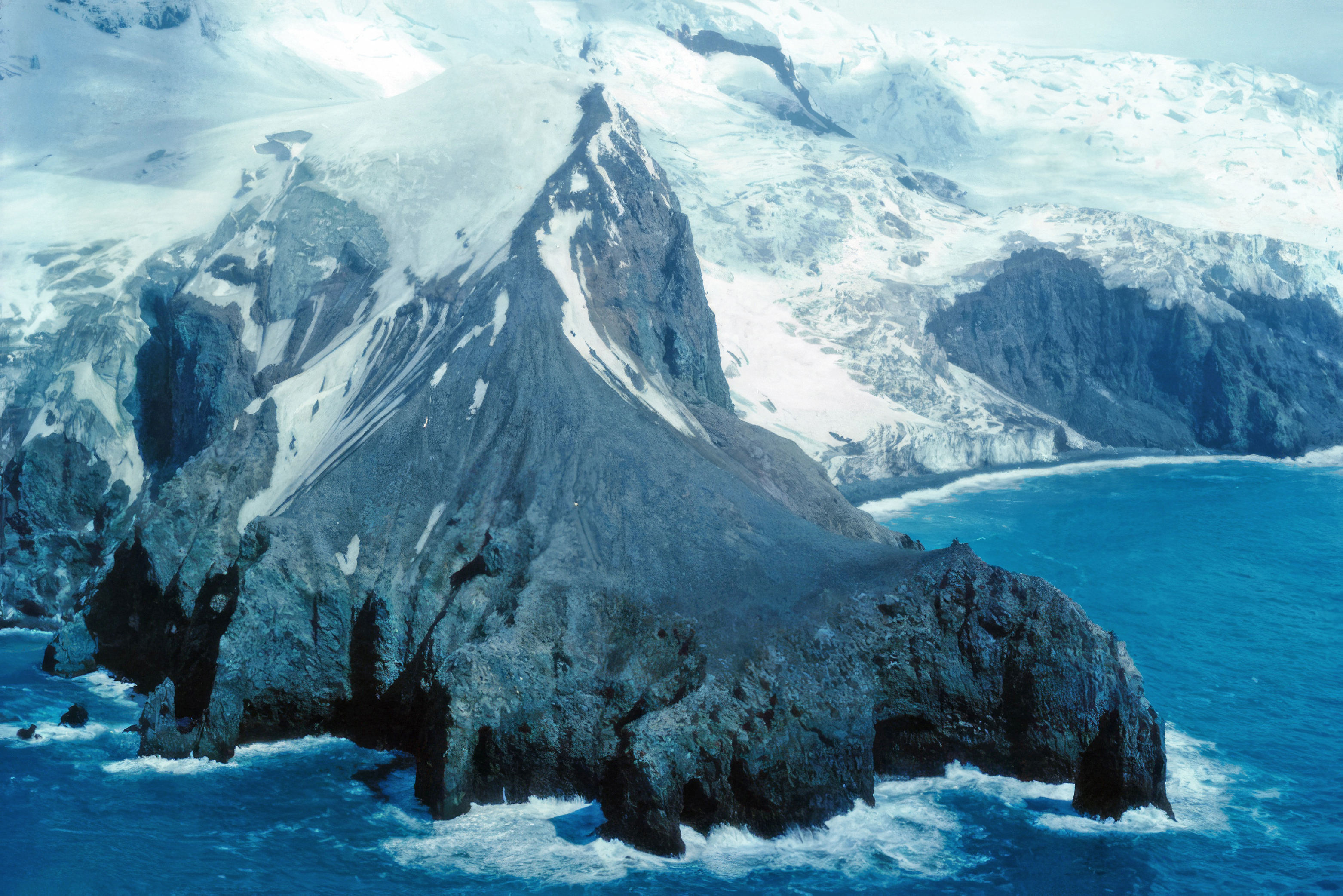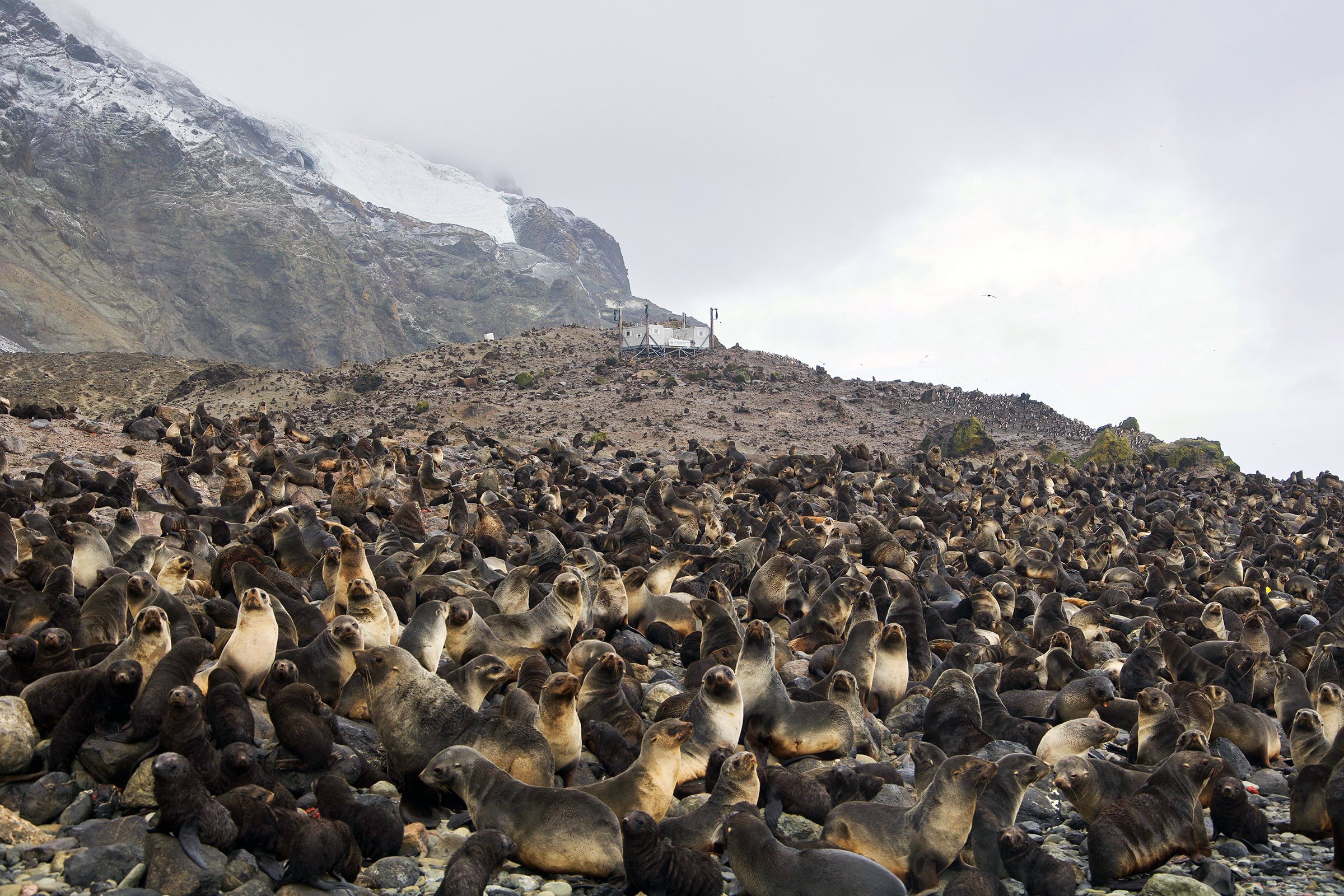Extreme Isolation
Bouvet Island is often cited as one of the most remote islands in the world. Situated approximately 2,200 kilometers southwest of the Cape of Good Hope, South Africa, and over 1,600 kilometers north of Antarctica, it is a territory of Norway. This extreme isolation makes Bouvet Island a place of solitude and mystery. The nearest landmass is Antarctica, but even that is a considerable distance away. Due to its remote location, Bouvet Island is largely untouched by human influence, preserving its rugged and pristine landscape.
The weather conditions on Bouvet Island are harsh and unpredictable, characterized by its sub-Antarctic climate. The island is covered by a glacier, and the surrounding waters are often icy and treacherous. Temperatures are consistently low, rarely rising above freezing, which creates a perpetual blanket of snow and ice over the island. The weather is also marked by strong winds and frequent storms, making the sea conditions extremely challenging for ships. This combination of isolation and severe weather has hindered exploration and research on Bouvet Island, leaving much of it an enigma.
Scientific Importance
Bouvet Island, despite its extreme isolation and harsh weather conditions, has been the focus of several scientific expeditions and research endeavors, primarily driven by its unique position in the South Atlantic and its pristine sub-Antarctic ecosystem. These expeditions, often multinational and multidisciplinary, aim to understand better the island's geology, biology, and meteorology, contributing valuable data to global climate change studies and biodiversity research.
The geological research on Bouvet Island is of particular interest due to its volcanic origin and the presence of an active volcano, which was confirmed by an eruption in the 1950s. Geologists study the island's formation, volcanic activity, and the tectonic movements in this remote part of the world. This research helps in understanding the Earth's volcanic processes and contributes to broader geological knowledge.
Biological research is another key area of focus. The island's isolation has resulted in a unique ecosystem with several endemic species. Biologists and ecologists study the island's flora and fauna, particularly its bird and seal populations. These studies provide insights into how species adapt to extreme environments and the impacts of climate change on isolated ecosystems.
Meteorological studies are also crucial on Bouvet Island. Due to its remote location, the island is an ideal site for monitoring atmospheric and oceanic conditions in the South Atlantic. Data collected here contributes to global weather pattern analysis and enhances understanding of climate change effects on remote and extreme environments.
Flora and Fauna
In terms of flora, the island has a very limited plant life due to its harsh climate. Only a few species of mosses, lichens, and hardy grasses manage to survive in this frigid environment. These plants are typically found in the more sheltered areas of the island, where they can gain some respite from the extreme weather conditions.
Fauna on Bouvet Island is primarily composed of seabirds and marine mammals. The island is an important breeding ground for several species of seabirds, including penguins. The most common penguin species found here is the Chinstrap penguin, which forms large breeding colonies. The harsh environment limits their nesting sites to the ice-free areas. Additionally, various species of petrels and albatrosses are also seen around the island. The surrounding waters are rich in marine life, making them a favorable hunting ground for seals, particularly fur seals and elephant seals. These seals are often seen resting on the island's beaches or swimming in its surrounding waters.
Overall, the natural environment of Bouvet Island is a pristine example of a sub-Antarctic ecosystem. The lack of human interference has allowed wildlife to thrive in balance with the harsh environmental conditions, making the island a unique and valuable location for understanding natural processes in remote and extreme environments.
Challenges of Accessibility
Due to its remote location and harsh weather conditions, access to Bouvet Island is limited to specific scientific expeditions and requires special permits.
Bouvet Island stands as a symbol of nature's untamed beauty and the mysteries that lie in the most remote corners of our planet. It continues to captivate explorers and scientists with its unyielding and enigmatic character.
